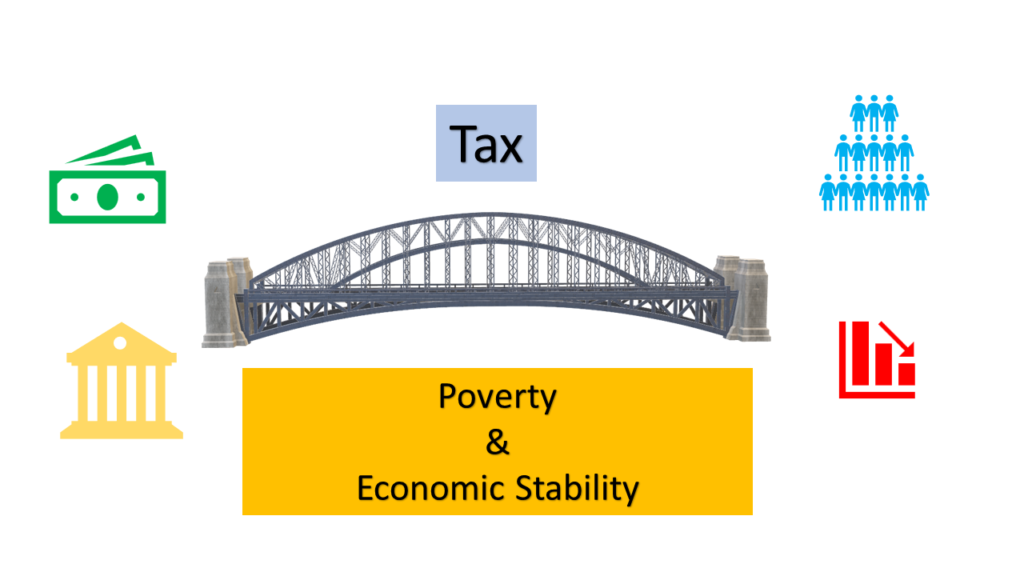
The poverty rate of Indonesia’s population in 2022 showed a downward trend compared to 2021. Statistics Indonesia (BPS) reported that in March 2021 there were 27.54 million people classified as poor, while in March 2022 this number fell to 26.12 million, but increased slightly by 0.20 million people in September 2022. Nevertheless, the number of poor people in 2022 remains lower than in 2021.
The Indonesian government continues to strive in alleviating poverty through its various programs. One of the programs is the Family Hope Program, hereinafter referred to as PKH. The program is a conditional social assistance program for poor families who are designated as beneficiaries. The program aims to accelerate poverty reduction. This type of program, also known internationally as Conditional Cash Transfer (CCT), which has proven successful in alleviating chronic poverty in countries where it is implemented. Started in 2007, PKH in Indonesia is still consistently run until today.
Implementation of PKH is inseparable from the support of funds to run it. The funds are sourced from the allocation of State Budget funds, hereinafter referred to as APBN. Components of APBN revenue consist of tax and non-tax revenues. Furthermore, state revenues in the APBN are allocated through several expenditure items consisting of central and regional government expenditures. Central expenditure is divided into ministry and agency (K/L) expenditure, as well as non-ministry and agency expenditure. PKH itself is an allocation from the APBN for K / L spending. According to this explanation, it can be seen that taxes are an indirect contributor to funds intended for PKH.
State revenues realization in 2022 amounted to IDR2,626.40 trillion. Approximately IDR2,034.5 or 77.46% of this amount comes from taxes. These are allocated to expenditure items. By the end of October 2022, the realization of PKH beneficiary families had reached 10 million beneficiary families. Data from the Ministry of Social Affairs also shows that in 2022 IDR28.7 trillion has been distributed within PKH but realization of transactions amounted to IDR28.48 trillion, this condition is due to factors such as the family has migrated, passed away, and other factors.
By this year 2023, PKH has been consistently budgeted for almost 17 years. However, this program does not just provide cash assistance to its recipients. The goal of PKH is to improve the quality of human resources, especially in the areas of health and education. Furthermore, the program seeks to assist poor families in accessing and utilizing basic social facilities such as health, education, food and nutrition, care, and assistance. There are many benefits from the program, including the nutrition and health of children and pregnant women can be monitored so that the level of stunting in children can be prevented, as well as PKH recipients being able to complete basic education.
Improvements in the quality of life of the community in terms of health and education are expected to improve their future economic level. The beneficiaries of PKH are not forever receiving this assistance because they will be released when they are able to be independent. In addition, the PKH program also provides assistance so that the beneficiaries of this program are able to be independent and have their own businesses as a source of income. There are certain indicators when PKH beneficiaries are ready to be released.
In addition, PKH is not only beneficial individually for the recipients but also for the country’s economy. One economic growth indicator is the Gross Domestic Product (GDP). Furthermore, one of the components of GDP is the amount of household consumption. Within the short term, the assistance provided through PKH can certainly increase the purchasing power of the people who receive it. Meanwhile, in the long term, the assistance program from PKH is expected to encourage the economic independence of recipients and graduates of this program.
Poverty alleviation is a concern for the government because of the mandate of the constitution, but also considering economic stability. Poverty levels can disrupt economic stability because people’s purchasing power is low so their absorption of available products and services is also low, causing economic growth to weaken. Through the PKH program, the poverty rate has progressively decreased.
The Ministry of National Development Planning (Bappenas) states that the PKH program has a significant impact on reducing poverty and social inequality. This can be seen in 2015 in which there were around 400,000 very poor families who had been running the PKH program for 9 years. Aligned with the World Bank survey which states that PKH intervention in poverty reduction remains small, but the effectiveness is higher than other poverty social assistance programs.
Some people might have trust issues related to tax management due to several cases of tax officers and alleged corruption exposed through the media. Nevertheless, we can also assess taxes from another perspective on taxes, which is regarding its benefits. Taxes collected by the state are not for the benefit of state officials, but for society at large. PKH is just one among many tax benefits which contributes to economic stability.
Taxes are mandatory contributions to the state owed by individuals or entities that are compelling based on the law which is then used for the greatest benefit of the people. It has an important role in the state’s life as a source of state revenue to finance development and other government programs for the benefit of the community at large. After all the taxes paid by the people and the benefits also return to the people. The PKH program is a reflection of this concept. PKH is like a bridge that channelizes the benefits of taxes that have been paid by the community to a wider group of people.